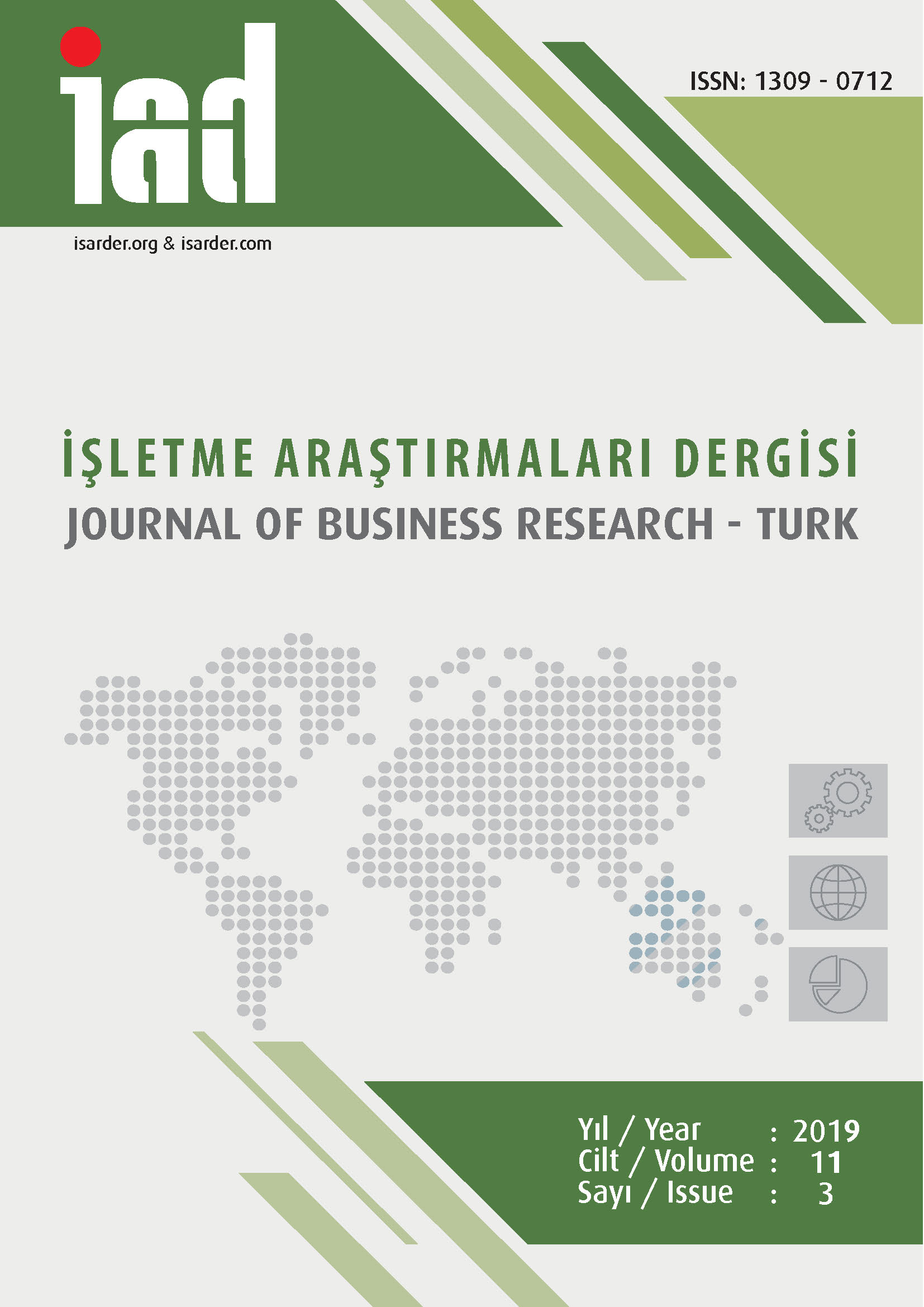(The Case of South Korea in Development)
Keywords:
The Export-led, Industrialization Model, Innovation, South KoreaAbstract
Purpose – The purpose of this paper is to analyze the economic policies implemented for the strategic sectors in S. Korea, which is a significant case for Turkey in achieving a stable growth path. Design/ Methodology/ Approach – Within the paper, the specific policies implemented by S. Korea, who have chosen strategic sectors and applied R & D or other incentive policies to those sectors and transformed from the export- led industrialization model to the import-substitution model successfully and finally became the largest eleventh economy in the world, are analyzed. Findings – Within the liberalization policies, Turkey has targeted to increase production, job creation, economic growth and achieve competitive position in international markets and finally locate at higher level in global value chains. However, as a result those policies implemented, Turkey's economy neither could be able to create growth nor employment at the targeted level. Furthermore Turkey’s economy has become a position that has continuous foreign trade and balance of payments deficits. Discussion – As S. Korea, Turkey has to select some strategic sectors for industrialization and adopt incentive policies for specifically those sectors. That is to say, by identifying strategic sectors that have the potential for development and competitiveness and comparative advantage, rather than all industries; Turkey should follow various incentive policies to support production in those sectors. Taking into account the economic policies implemented for the strategic sectors, S. Korea is a significant case for Turkey in achieving a stable growth path.
Downloads
Published
How to Cite
Issue
Section
License

This work is licensed under a Creative Commons Attribution-NoDerivatives 4.0 International License.





